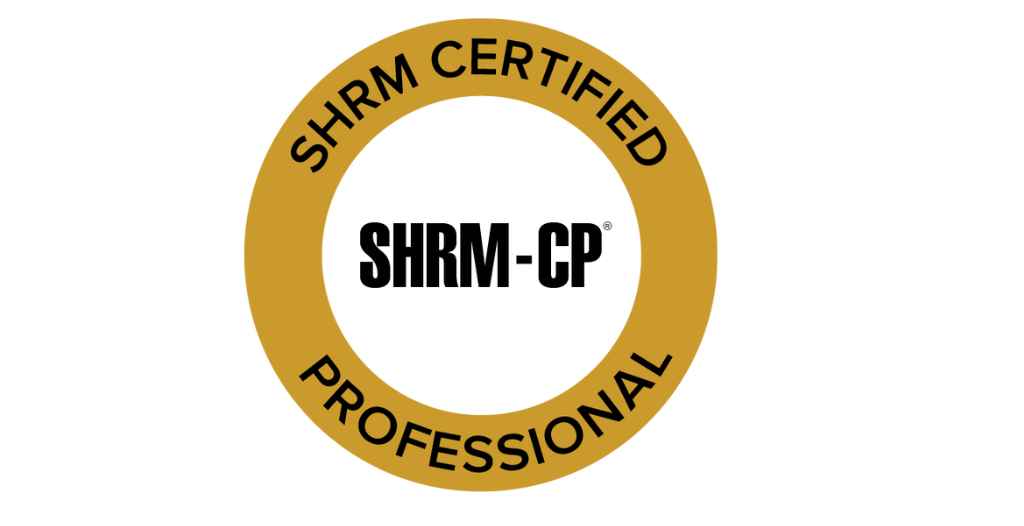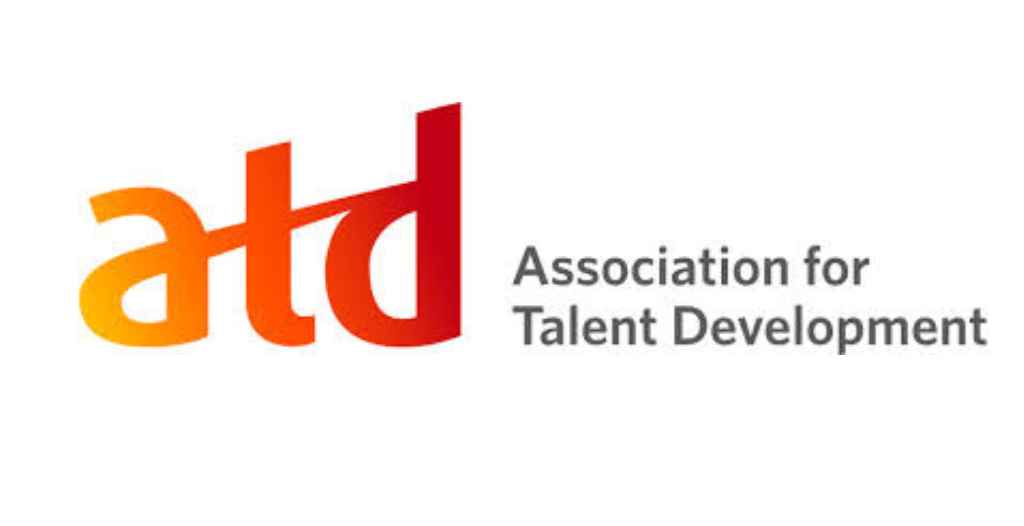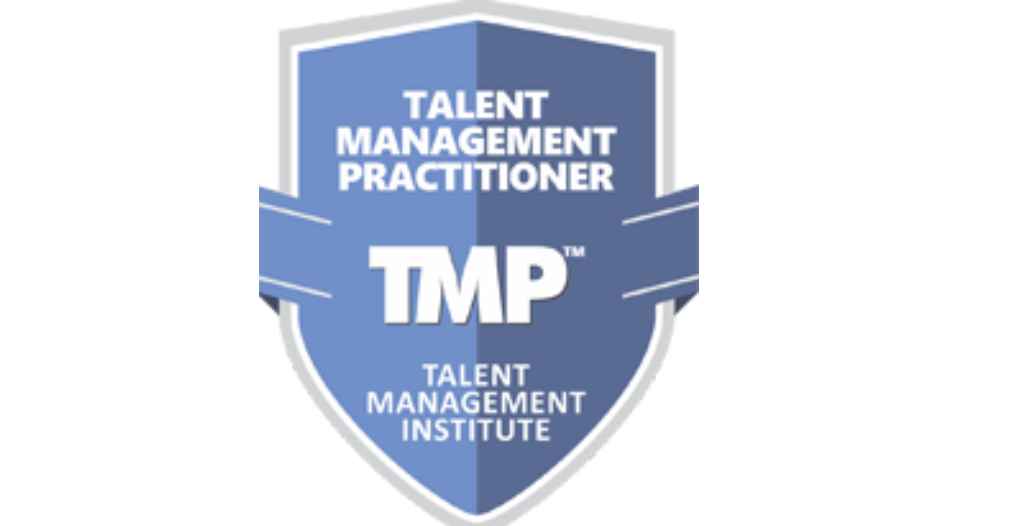Introduction to HR Certifications
As people return to the office and put the pandemic behind us, young human resources professionals may find it challenging to get hired or grow their careers in a market flooded with qualified professionals.
Table of Contents
ToggleHR Certifications offer credentials that provide a competitive edge, indicating specialized training, leadership, and networking capabilities that distinguish an HR professional in their current roles and demonstrate their abilities to become an HR leader.
People who fall into any of the categories below should consider HR certification:
- Recent HR graduates
- Young professionals in their first HR position
- HR practitioners looking to move up in their career
Here’s Why an HR Professional Should Pursue HR Certification
Certifications are more than just fancy titles to sprinkle on a LinkedIn profile. A certified human resources professional has invested their time (and money) to learn all there is to learn about their field, including innovative approaches to modern challenges.
Their training indicates their commitment and ability to become a trusted HR leader, giving them significant credibility over their peers without certification, a factor considered by current and future employers.
Taking the time and investing the money into an HR certification demonstrates a commitment to current and prospective employers since not all human resource practitioners are certified. This enables people with certification a way to stand out.
Popular Human Resources Certifications
Society for Human Resource Management
SHRM, an association with more than 300,000 HR practitioners, has offered HR certification programs since 1948, and today, 70% of young HR professionals seek SHRM certification (according to the SHRM website).
In the alphabet soup of certifications, the SHRM-CP and SHRM-SCP stand tall as beacons for HR practitioners aiming to validate their skills in implementing policies and strategies, serving as HR leaders, and mastering people analytics.

The SHRM Certified Professional (SHRM-CP) certification is designed for professionals performing HR-related duties at work or beginning their HR career. The focus is on HR operations tasks like:
- Managing or performing day-to-day HR operational functions
- Implementing policies
- Act as an HR point of contact for employees
This exam and certification focuses on the HR aspects of the organization, its people and leadership, business, interpersonal relationships, and the workplace.
SHRM Senior Certified Professional (SHRM-SCP)

The HR practitioner more interested in strategic HR leadership will often take the SHRM Senior Certified Professional, which prepares people for HR leadership roles that work closely with the business, ensuring strategic alignment between HR and key business units. The SHRM-SCP certification is best for:
- Senior HR roles involved in strategy
- Professionals developing and leading HR policies
- HR leaders influencing overall business planning
SHRM recommends at least three years of strategic experience within HR or Certified Professionals who have held the SRHM-CP credential for at least three years. While this exam and certification focus on the same organizational areas, the courses focus on the strategy behind creating policies and business planning rather than the day-to-day HR support.
HR Certification Institute (HRCI) Offerings

The HR Certification Institute (HRCI) has operated for 50 years and offers many opportunities in its HR certificate program. According to their website, their goal is to help every HR practitioner “achieve new competencies that drive business results.”
Recognizing that their credentials are the “secret sauce to demonstrating HR rigor, understanding business strategy, and managing human capital,” HRCI trains and certifies individuals and entire HR departments.
They offer eight certification courses, each with an exam, breaking them into three distinct focus areas: knowledge, professional and strategic certifications:
HRCI Knowledge Certifications: Associate Professional in Human Resources and Associate Professional in Human Resources – International (APHR, APHRI):
- Designed for HR professionals at the operational level and managers outside HR
- Focuses on technical and operational aspects of HR management, specializing in compliance
- Ideal for HR program implementation
- Emphasizes U.S. laws and regulations (APHR), International laws and regulations (APHRI)
The courses include compliance and risk management, employee relations, talent acquisition, compensation and benefits, and learning and development.
HRCI Professional Certifications: Professional in Human Resources, Professional in Human Resources – International, and Professional in Human Resources – California (PHR, PHR-I, PHR-C)
- Aimed at senior HR professionals with management responsibilities
- Focuses on mastery of technical and operational aspects of HR management
- Ideal for those responsible for tactical/logistical HR program implementation
- Specialized programs offer training in international HR management (PHR-I) and specialized needs to maintain compliance in California (PHR-C)
The courses include compliance and risk management, employee relations, talent acquisition, compensation and benefits, and learning and development at the senior level.
HRCI Strategic Certifications: Senior Professional in Human Resources, Senior Professional in Human Resources – International and Global Professional in Human Resources
- Aimed at senior HR professionals with strategic responsibilities
- Focuses on policy formulation and strategy development
- Suited for those involved in HR leadership and decision-making
- Specialized programs offer training in international HR management (PHR-I) and Global HR management (US and International)
The courses and exam include content on employee and labor relations, business management, talent planning and acquisition, total rewards (compensation and benefits), learning, and development. Senior programs like this one prepare practitioners for roles in human resource management.
Association for Talent Management: Mastering Talent Development

With more than 30,000 members and 80 years of experience in training and development, the Association for Talent Development stands out for the HR practitioner with career objectives that include advancing talent within organizations.
They offer certification and continuing professional development in the strategic aspects of talent development and the tactical approaches to training design.
They offer a robust catalog of opportunities, from learning management to organizational change management.
Associate Professional in Talent Development (APTD) and Certified Professional in Talent Development (CPTD)
This certification exam ensures a strategic approach to talent development, including management, performance improvement, and organizational development. The APTD is appropriate for entry-level human resource professionals, while the CPTD is aimed at more experienced personnel, including talent and development managers.
It’s tailored for those with a robust background in talent development, aiming to ensure they’re not merely participants in the HR landscape but are leading and shaping it.
- Designed for experienced talent development professionals
- Emphasizes a strategic approach to talent management and organizational development
- Requires a comprehensive understanding of performance improvement
- Suitable for individuals aiming to lead talent development initiatives
Talent Management Institute: Talent Management Practitioner
This certification is designed for entry-level HR professionals with six months of experience or recent graduates with an HR major interested in a talent management career. 
This certification exam focuses on:
- Concepts of talent management
- Talent management strategy and leadership
- Building a Talent Management practice
HR Certification Program Characteristics
Explore the costs, learning modes, and durations for the most common HR certifications:

HR Professionals Can Get Certified without a Human Resource Management Degree

Yes, obtaining an HR certification without a degree is possible and offer career advancement for those without a degree.
Many certifications, such as the PHR from HRCI or the SHRM-CP, focus on practical experience and knowledge in the HR field rather than formal education. These certifications often require a combination of HR work experience and passing a comprehensive exam.
The specific requirements vary by certification, so reviewing each program’s eligibility criteria is essential to determine if you can qualify based on your professional experience and any HR-related training or courses you’ve completed.
How HR Certifications Can Shape Your Career Path
Career Benefits of Having an HR Certification

Candidates find that elevating their HR experience through certification isn’t just about gaining new knowledge; it’s a strategic move that signals their dedication to professional excellence and helps them achieve career objectives. Here’s how these credentials help:
-
Enhance Credibility: Certifications validate expertise, setting a candidate apart as a knowledgeable professional.
-
Expand Career Opportunities: Many employers prefer or require certified HR professionals, opening doors to new job prospects.
-
Increase Earning Potential: Certified HR professionals enjoy higher salaries than their non-certified peers.
-
Show Commitment: Achieving certification demonstrates a human resources professional’s dedication to staying current in the HR field.
-
Build Professional Network: Certification courses and associated events connect HR practitioners with peers and industry leaders.
-
Improve Job Performance: The knowledge gained can directly impact effectiveness and efficiency in HR roles.
Preparing for Your Human Resources Certification Exams
Choose The Right Study Path

People have different study styles. While some find it easier to take an instructor-led class, others prefer to study independently. As the quick comparison shows, all certifications summarized in this article offer in-person or online options.
Leverage Practice Exams and Case Studies
Practice makes perfect, right?
Dive into as many practice exams, sample questions, and case studies as possible. They offer a goldmine of insights into the types of questions on the exam and the best strategies for tackling them.
Continuous Learning and Recertification in Human Resources Management
The HR field is as dynamic as it comes, with new challenges and trends emerging quickly. Continuous professional development through continuing education, attending conferences, and staying updated with the latest HR research is paramount for those with career objectives in Human Resources or Human Capital Management.

Recertification is not just a bureaucratic hoop to jump through; it’s an opportunity to refresh knowledge, learn new skills, and stay relevant in the ever-evolving world of HR.
Engage in professional development activities, from attending workshops to contributing to HR publications, to meet your recertification requirements.
Conclusion: Making the Most of Your HR Certification
Landing a Human Resources certification is a powerful catalyst for career development, professional growth, and becoming an HR leader.
However, the journey doesn’t end with certification. It’s a stepping stone to broader horizons, deeper understandings, higher career peaks, and a level of HR rigor that speaks to a lifetime commitment.
With certifications, a commitment to continuous learning, and a passion for HR excellence, there’s no limit to what Human Resources professionals can achieve. So, go ahead, take the plunge, and let your HR certification journey begin!





